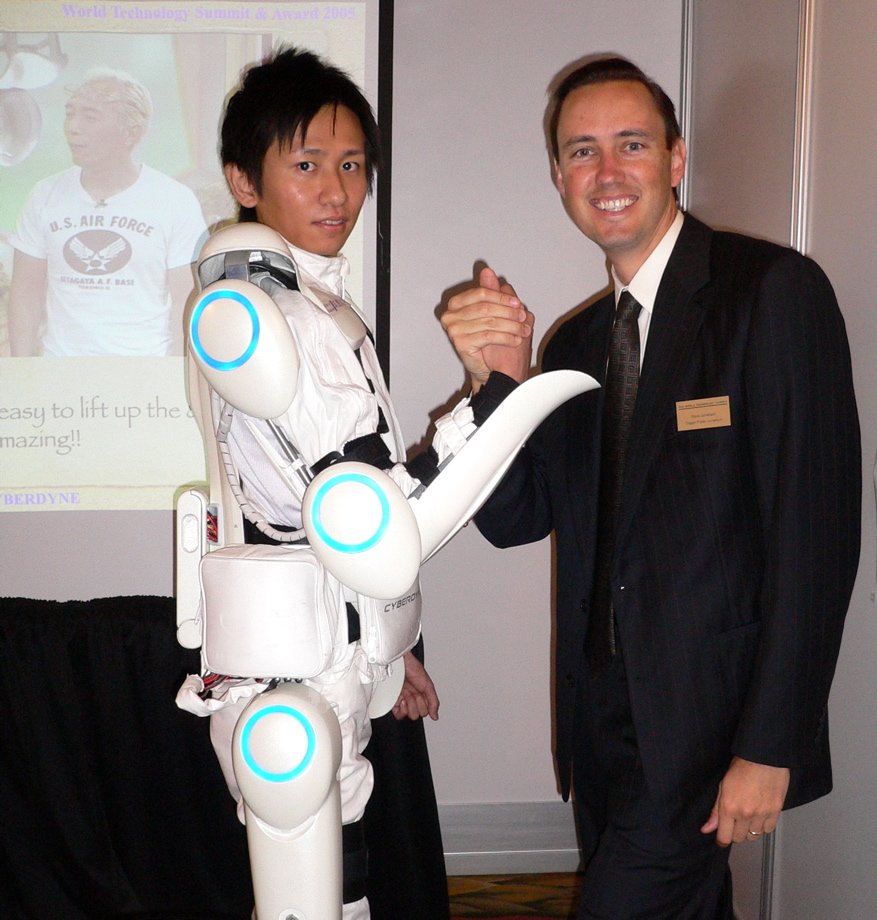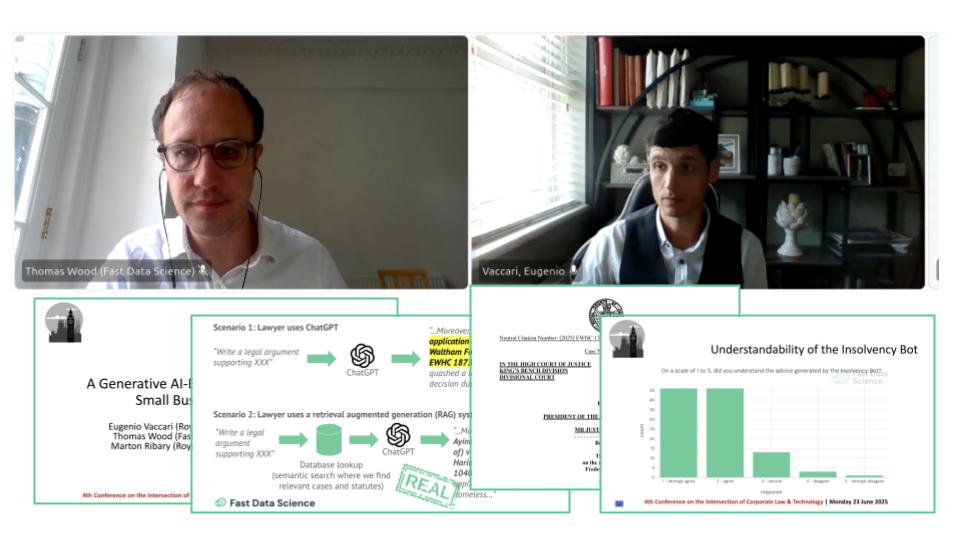
AI in healthcare simplifies the lives of patients and doctors because routine tasks can be performed more accurately and in less time.
When it comes to the medical sector, there is no doubt that artificial intelligence is playing an increasingly important role in simplifying the lives of hospital administrators, doctors, and patients alike. AI in healthcare is now being used to perform tasks which are usually carried out by humans much more quickly and at a much lower cost.
There are already numerous ways in which machine learning and AI in healthcare are being harnessed, however, one of the most important is in the field of disease diagnosis. In 2018, a report was released that showed a shocking 40% of cancer patients were initially misdiagnosed in the UK. It’s no wonder, then, that improving diagnostic processes has been one of the most exciting applications for deep learning in healthcare.
High caseloads and incomplete patient medical histories can result in fatal human errors. AI is immune to such variables and so can diagnose and predict diseases at a much speedier rate than doctors. As an example of the positive effects of this in practice a recent study has shown that using an artificial intelligence model that harnesses the power of deep learning and algorithms was able to diagnose cases of breast cancer more effectively than experienced pathologists.
Artificial intelligence was first used in the healthcare sector during the 1960s and 70s when Dendral, the original expert system or problem-solving program was developed. Designed for organic chemistry applications, it provided a basis on which the MYCIN system was created – an application which is widely believed to be one of the most important early uses of AI in healthcare. During the 1980s and 90s, the microcomputer became widespread and this brought with it a whole new level of network connectivity. Developers and researchers began to realise that AI healthcare systems could be designed to build on physicians’ expertise while accommodating a lack of perfect data.
Since the 1990s, technological and medical advancements have progressed still further and machine learning is now well-engrained in the healthcare sector. This has been able to happen thanks to a host of developments including faster data processing and collection thanks to improved computer power, the growth of databases of genome sequences, the widespread implementation of electronically-held health records and improvements in computer vision and natural language processing.
AI is becoming more sophisticated with every passing year. This means that the potential for deep learning in the healthcare sector is vast. Already, machine learning has become a key element in the modern healthcare eco-system, transforming many different aspects of the industry including prevention of disease, diagnosis, research and treatment.
Fast Data Science - London
The journey from the research laboratory to the patient is an expensive and long one. It takes around 12 years for new drugs to complete this process and only 5 out of every 5000 drugs which start preclinical testing will ever reach the human testing stage. Not only that, but only a single drug out of those five will ever receive approval for use. Bearing in mind that the cost of this is more than £1.2 billion per medicine and it’s easy to see why drug discovery and research is one of the top applications for artificial intelligence in this sector. The latest AI advances are now being directed to help streamline the process of discovering and repurposing drugs thanks to their significant potential to cut the time to market and cost of new drugs.
Perhaps the greatest benefit of artificial intelligence in the medical sector is in helping the public to remain healthy so they have less need to visit a doctor. Already, the IoMT (Internet of Medical Things) and AI in consumer health apps are helping people. Technology apps encourage individuals to behave in healthier ways while assisting people to proactively manage a healthier lifestyle. Their purpose is to put the public in greater control of their own well-being.
AI also increases healthcare professionals’ ability to gain a more in-depth understanding about the needs and daily patterns of the patients that they care for. With this understanding, they are then able to give better support, guidance and feedback to help their patients remain healthy in the long-term.
Much of today’s enthusiasm for burgeoning AI technology stems from a widespread belief that it could revolutionize numerous aspects of the medical sector, from the development of advanced medical equipment to the delivery of precision medicine for better care of at-risk groups. There are, however, some potential negatives to consider.
The advantages of artificial intelligence in healthcare include:

An example of AI in healthcare. An electronic exoskeleton developed by Tsukuba University of Japan. Image source: Wikimedia Commons
There are, however, some downsides to the adoption of AI in the medical sector including:
Where can AI take the healthcare industry in the future? This is a major question and while nobody knows the answer for sure, it’s sure to be game-changing. Artificial intelligence is set to ensure that better medical outcomes can be achieved for patients through more advanced treatments and more accurate diagnosis of disease. AI will help patients to become more engaged and more informed about their own well-being and health so that they can care for themselves more effectively and stay healthier for longer.
AI is also set to improve the efficiency of administrative processes so that hospital administrators can reduce the cost and time taken to run their operations. With networked hospitals and more connected care thanks to a single digital infrastructure and centralised command centres, it will become possible to remove system bottlenecks and to direct healthcare professionals to where they’re needed most. As a result, both patients and staff will have a better experience overall. Waiting times will be reduced, staff workflows improved, and the administrative burden cut down.
There is no shortage of information out there about the current applications of artificial intelligence and machine learning in the healthcare sector, and plenty of helpful articles about the advantages and disadvantages it can bring.
Whether you’re interested in finding out more about today’s use of deep learning or about how it may be harnessed to beneficial effect in the future you can read the Royal College of Physicians article about The Potential for Artificial Intelligence in Healthcare, and this article from Forbes about the 3 Ways Artificial Intelligence Will Change Healthcare. These are just two of the many helpful articles online today that will give you greater insight into the fascinating and beneficial medical industry development.
[1] Bejnordi, Veta, van Diest at al, Diagnostic Assessment of Deep Learning Algorithms for Detection of Lymph Node Metastases in Women With Breast Cancer(2017), JAMA Network
[2] Kriwet, Here are 3 ways AI will change healthcare by 2030 (2020), World Economic Forum
Ready to take the next step in your NLP journey? Connect with top employers seeking talent in natural language processing. Discover your dream job!
Find Your Dream Job
Senior lawyers should stop using generative AI to prepare their legal arguments! Or should they? A High Court judge in the UK has told senior lawyers off for their use of ChatGPT, because it invents citations to cases and laws that don’t exist!

Fast Data Science appeared at the Hamlyn Symposium event on “Healing Through Collaboration: Open-Source Software in Surgical, Biomedical and AI Technologies” Thomas Wood of Fast Data Science appeared in a panel at the Hamlyn Symposium workshop titled “Healing Through Collaboration: Open-Source Software in Surgical, Biomedical and AI Technologies”. This was at the Hamlyn Symposium on Medical Robotics on 27th June 2025 at the Royal Geographical Society in London.

We presented the Insolvency Bot at the 4th Annual Conference on the Intersection of Corporate Law and Technology at Nottingham Trent University Dr Eugenio Vaccari of Royal Holloway University and Thomas Wood of Fast Data Science presented “A Generative AI-Based Legal Advice Tool for Small Businesses in Distress” at the 4th Annual Conference on the Intersection of Corporate Law and Technology at Nottingham Trent University
What we can do for you